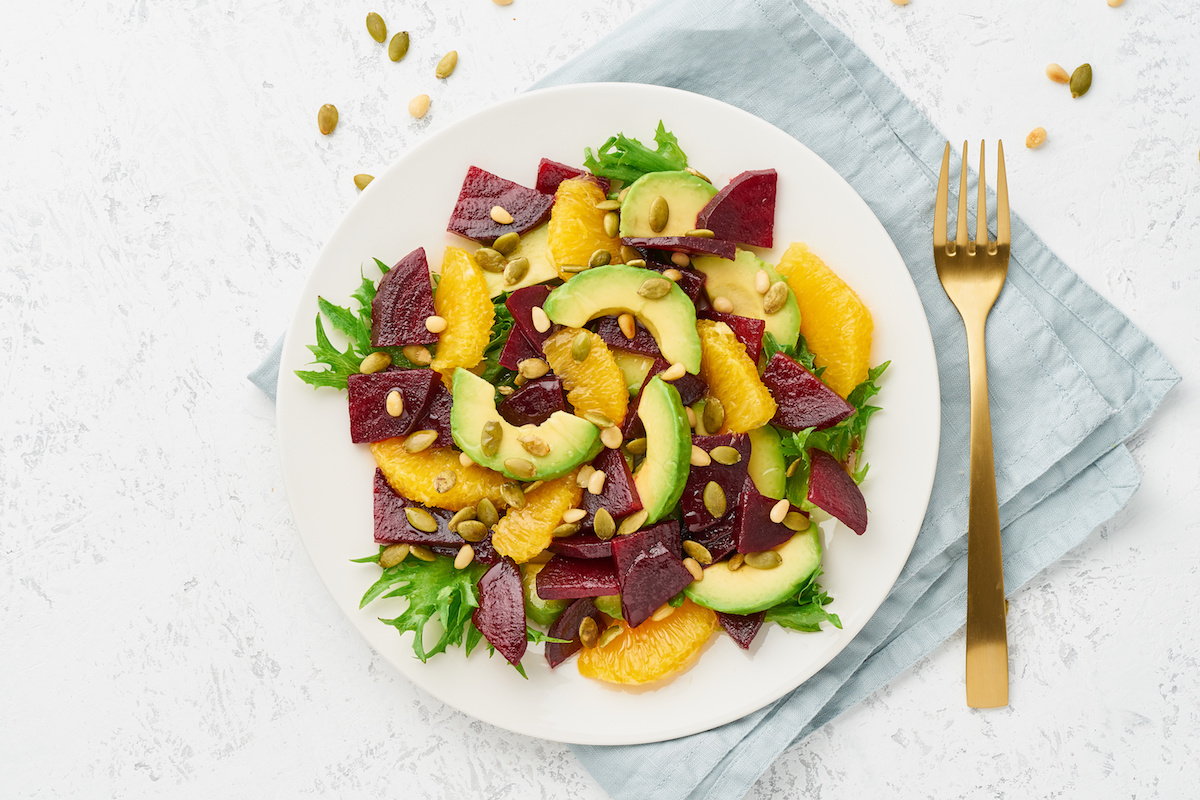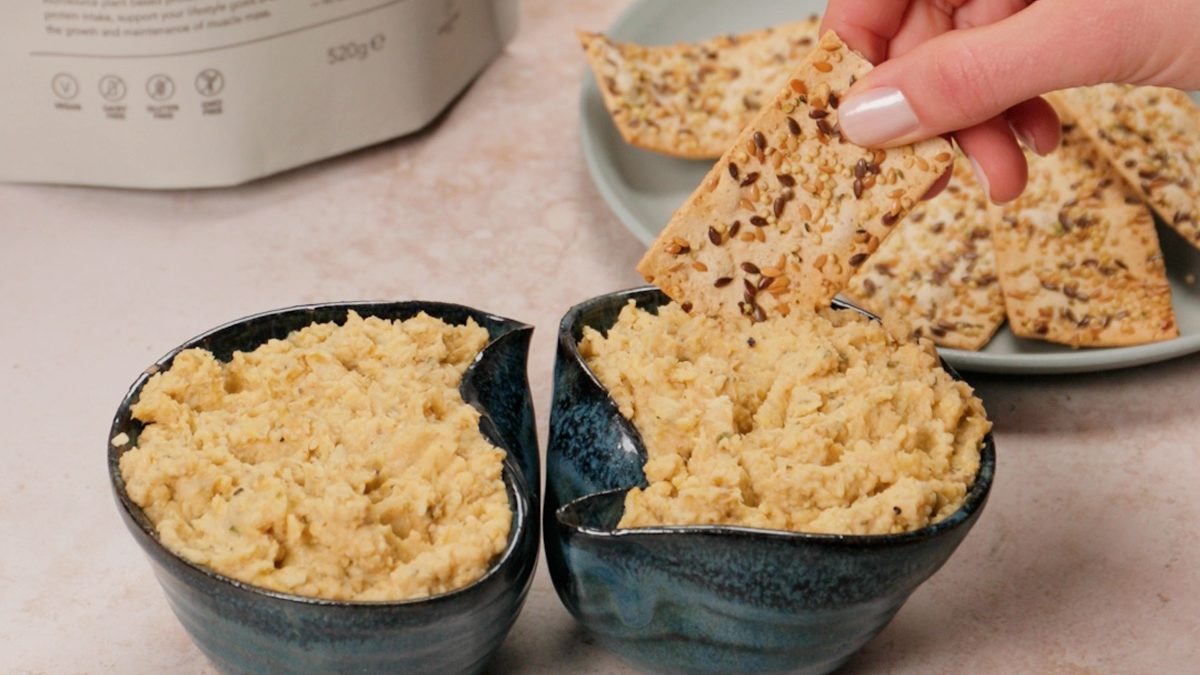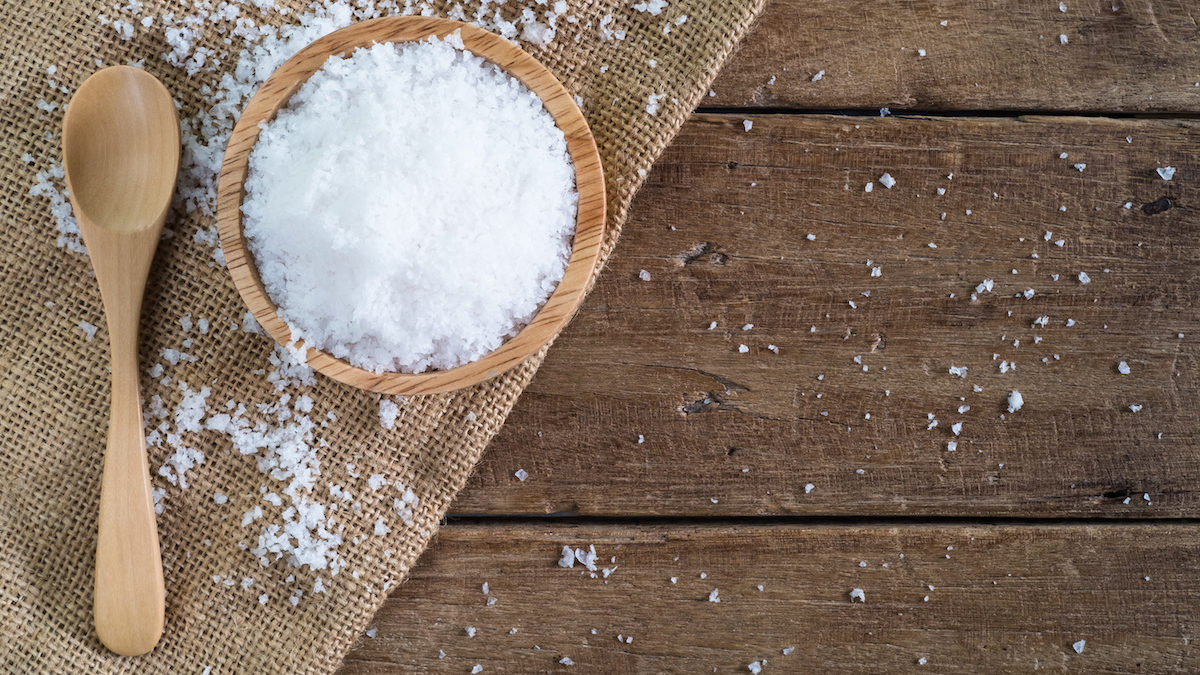How the DASH Diet and Its Principles Can Help Save You From Cardiovascular Disease

Most people are starting to clue up on the fact that diet and lifestyle can have significant effects on reducing the risk of developing chronic illnesses, being able to either manage them or, at times, even reverse them. One condition that can be managed through nutrition and lifestyle is hypertension — also known as high or raised blood pressure — with one diet approach in particular shown to have positive effects yet still remains relatively unknown compared to other diets.
We call this diet ‘Dietary Approaches To Stop Hypertension’ or the DASH diet, but before we get into the nitty-gritty details let’s get an understanding as to why it’s so important to reduce high blood pressure.
Firstly, around 25 percent of all deaths in the UK are attributed to cardiovascular disease — an umbrella term covering a range of illnesses including coronary heart disease, heart attacks, stroke, hypertension, congenital heart disease and angina. To put it into real figures, that is 160,000 deaths annually and approximately 450 deaths daily. We know that hypertension increases the risk of developing CVD and it is often called the ‘silent killer’, causing more than 50 percent of strokes and heart attacks.
Since there are no symptoms to necessarily look out for, it means many people are walking around without knowing that they have blood pressure, with statistics putting this figure at one in every two people. The good news then is that we can make a difference with the DASH diet.
So, what is the DASH diet?
In the 1990s the National Institute of Health in the United States began to fund research projects that looked into whether hypertension could be successfully treated with certain dietary patterns. It encouraged a diet containing plenty of vegetables, fruit, wholegrain carbohydrates, lean protein and a reduced salt intake, all things that are known to be beneficial for health and have been part of the government’s healthy eating message for several years. The difference lies in the specific pointers on portion sizes given in the DASH diet. These specifics include the following:
- 4-5 portion of fruit daily
- 4-5 portions of vegetables daily
- 2-3 portions of low-fat dairy daily
- 4-5 times servings of nuts per week
- 2 portions of lean protein daily — if plant-based then even better.
During the DASH diet, you should also be consuming less fatty meats, salt, confectionary foods, alcohol, and caffeine.

The DASH Diet As A Vegan
If you are vegan, it is still easy to follow the diet as it mostly focuses on increasing whole grains, fruit and vegetables, nuts, and focusing on low-fat protein — of which plant-based proteins are a great option. However, when going for dairy-free milk it is important to opt for one that is fortified with iodine and calcium as these are the key nutrients you would be missing out on when not having dairy. It is important to note that organic plant-based milks will not be fortified with any additional nutrients.
Studies have shown that incorporating the above produces clinically significant reductions in both systolic and diastolic blood pressure and that these effects are more pronounced when following this diet rather than any other popular dietary pattern such as vegetarian, Mediterranean, low carb, low fat, high protein diets. The reduction in blood pressure is associated with reduced mortality from CVD.
The Dash Diet And Salt
When the DASH diet was originally developed in 1997, it was based on having 7.5g of salt in the diet which is pretty close to what the UK average is at present. Independent of any advice to reduce salt, the DASH diet helped to significantly lower blood pressure. In 1999, researchers developed a study called the DASH-Sodium study which showed that following the DASH diet, in addition to lowering the amount of salt in the diet at the same time, showed the most benefit for reducing blood pressure.
This benefit was more pronounced than just reducing salt or just following the original DASH diet. The DASH-sodium study also showed that this diet was as effective in reducing blood pressure as a first-line blood pressure lowering medication.
When it comes to cutting down on salt, many people think we get the majority of it when we sprinkle it on our food. The reality is that a lot of what we eat already has a high amount of salt. Ready-made products such as cooking sauces, pizza bases, ready-made meals, breads, cereal, biscuits and cakes may not taste particularly salty, but they do have a significant amount that will contribute to our intake across the day.

Try to gradually reduce your intake by opting for more homemade sauces. Challenge yourself to cook a sauce from scratch, using more herbs and spices for flavour, and tasting your food before reaching for the shaker.
You can also look out for the traffic light labelling system at the front of packaging. Salt will be listed and products high in salt will be in red. Try and opt more often for amber and green products.
Some of you out there may have heard that reducing salt could be bad for health, but don’t be too concerned about reducing your salt. Unless you have a specific medical condition whereby you doctor has advised that you need to add salt to your diet, for the general, healthy population it is very difficult to eat too little salt as all our everyday foods contain a lot and we are already exceeding the amount we should be having daily.
The Benefits Beyond Lowering Blood Pressure
Think that the DASH diet is only beneficial for hypertension? Wrong. Ongoing research assessing the benefits of following the DASH diet has shown that even if you don’t have high blood pressure, its benefits can also be extended to type 2 diabetes and possibly gestational diabetes.
Furthermore, by following a diet that is rich in whole grains, lean meat, fish and vegetables, and low in ultra-refined and processed meat, you are essentially adopting healthier eating practices which will likely help to facilitate some weight loss if you do need to lose weight.
Rania Salman is a registered dietitian specialising in PCOS, fertility, chronic conditions and weight management. You can find them at londondietitian.co.uk


















